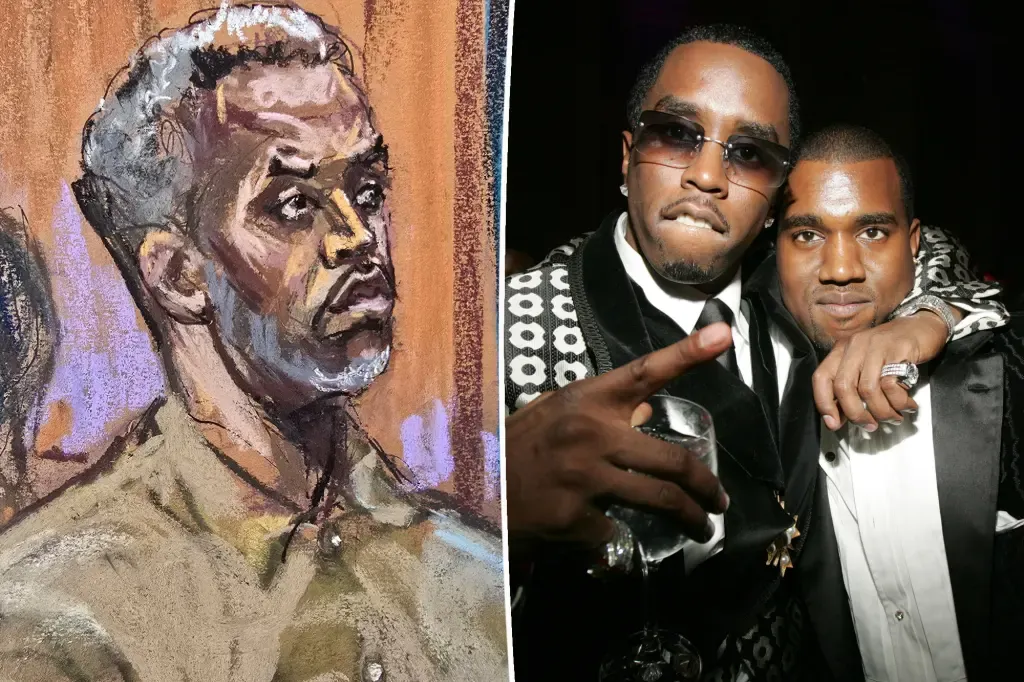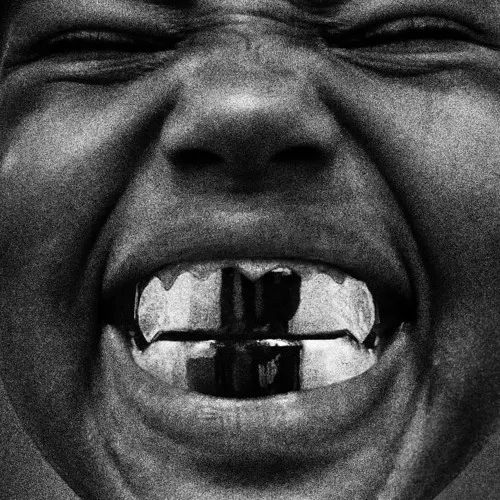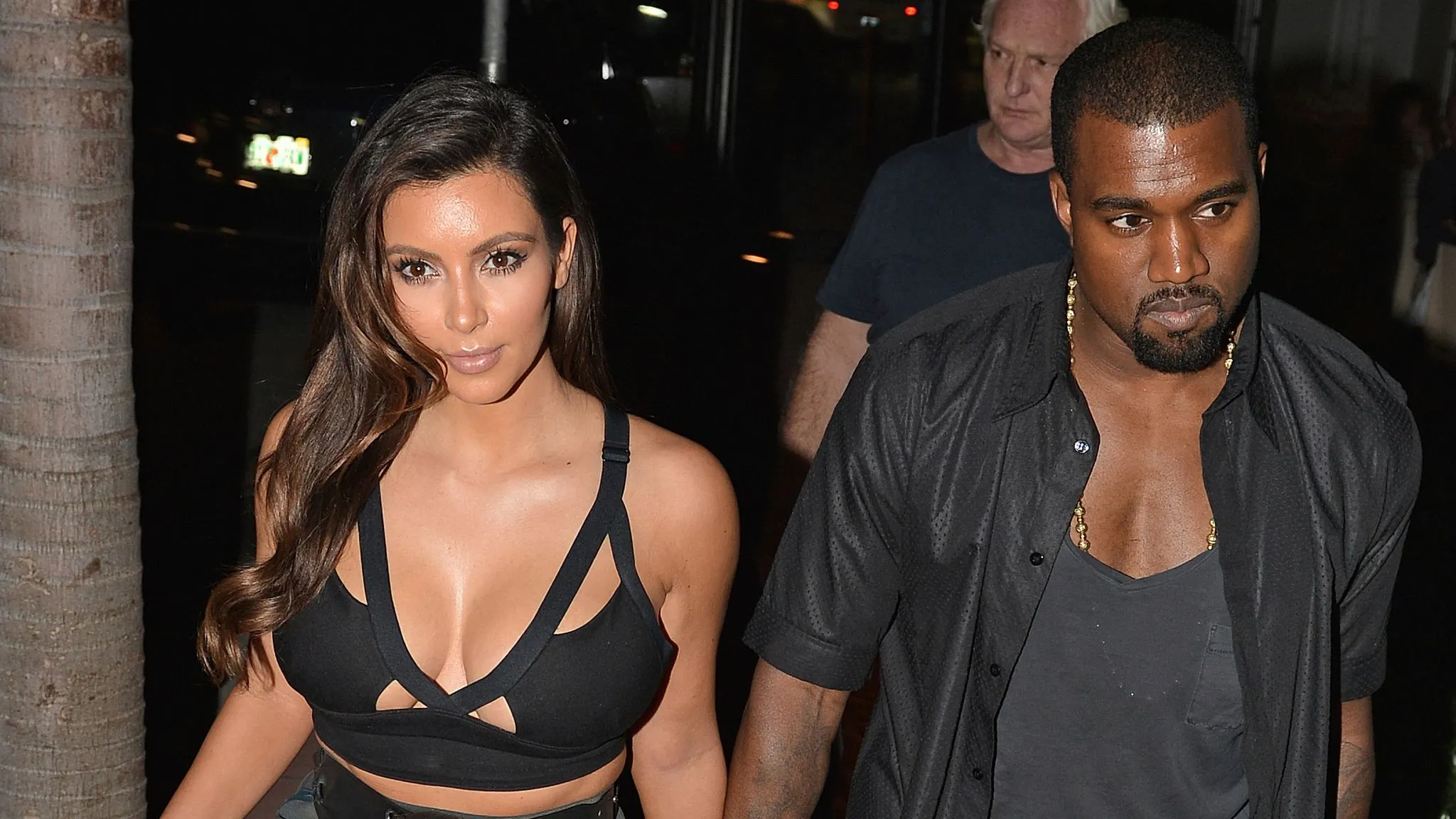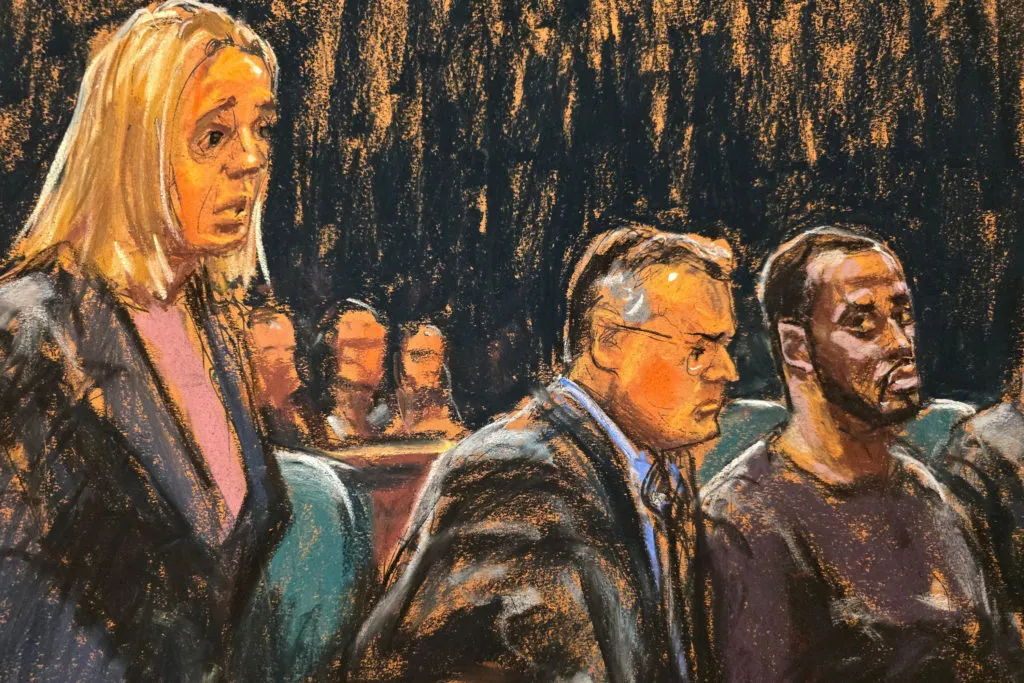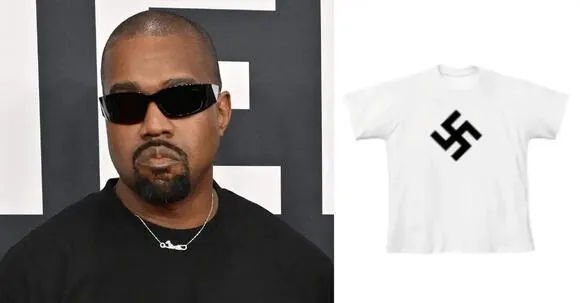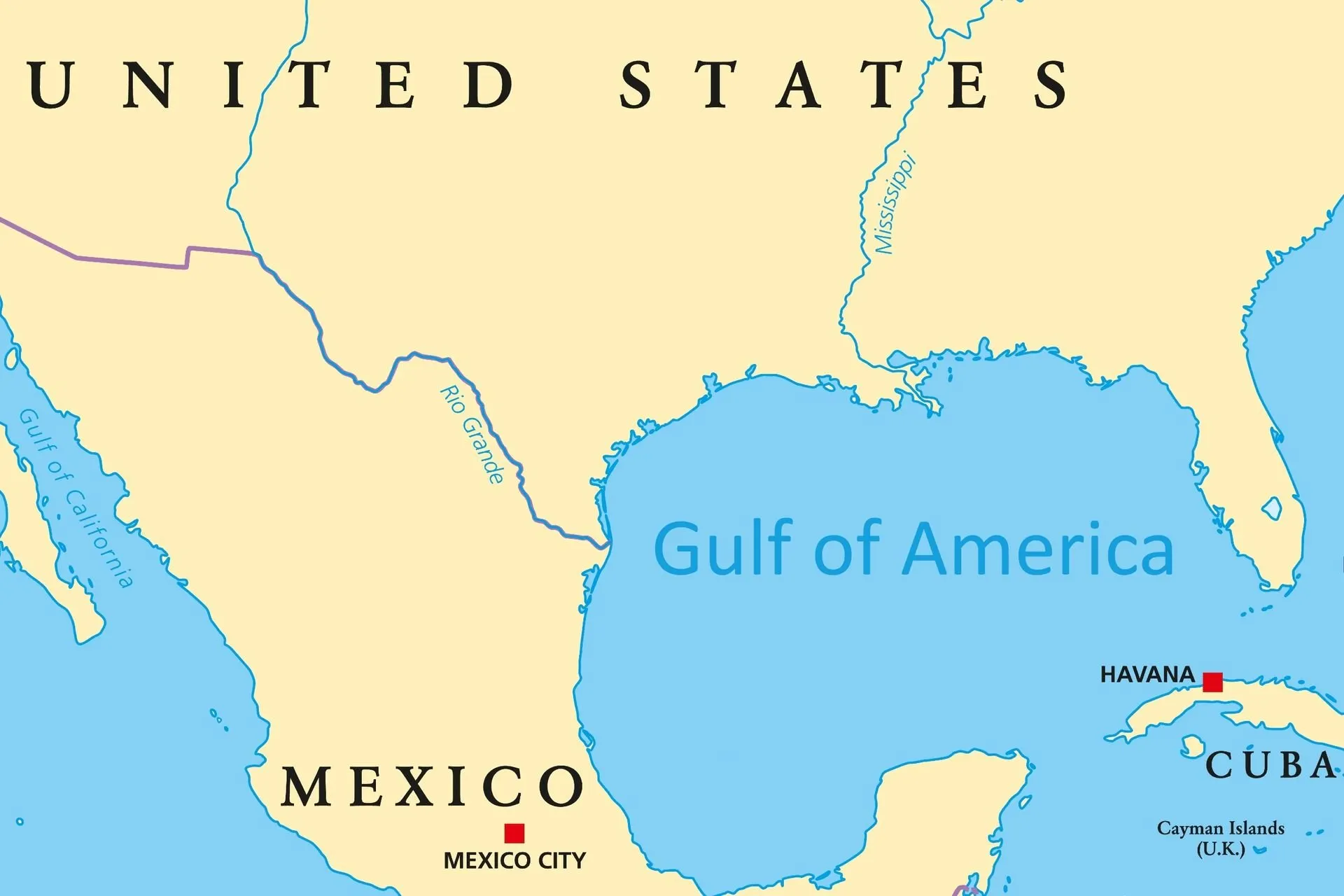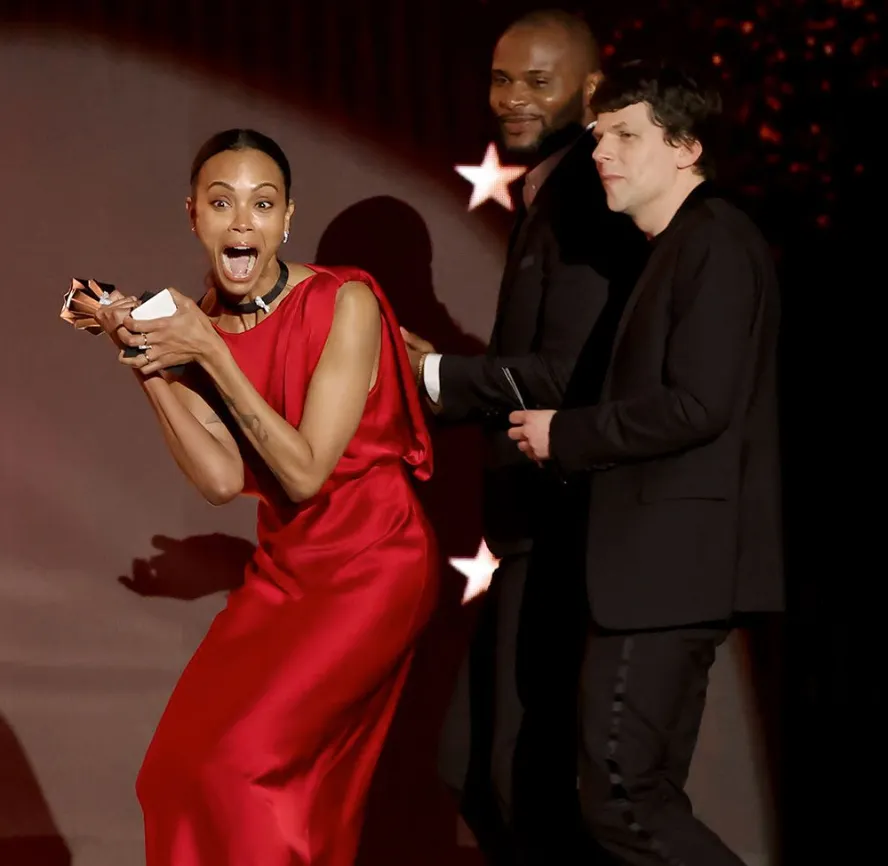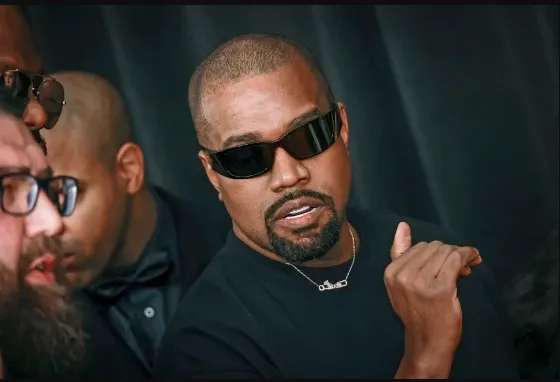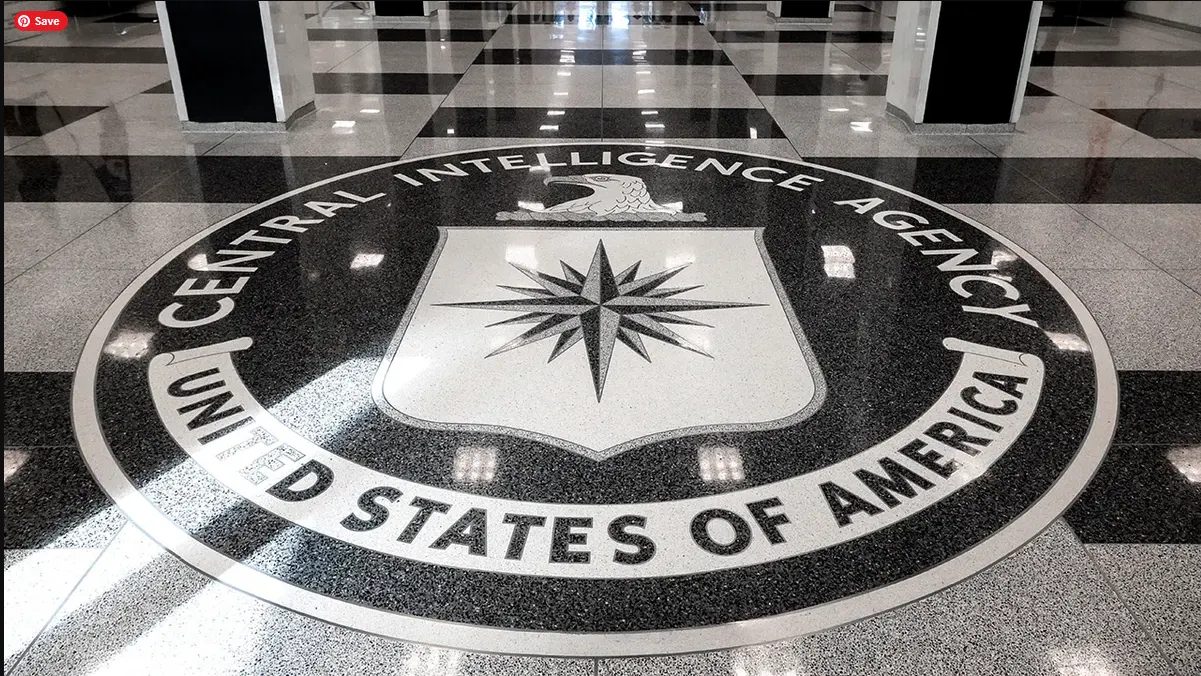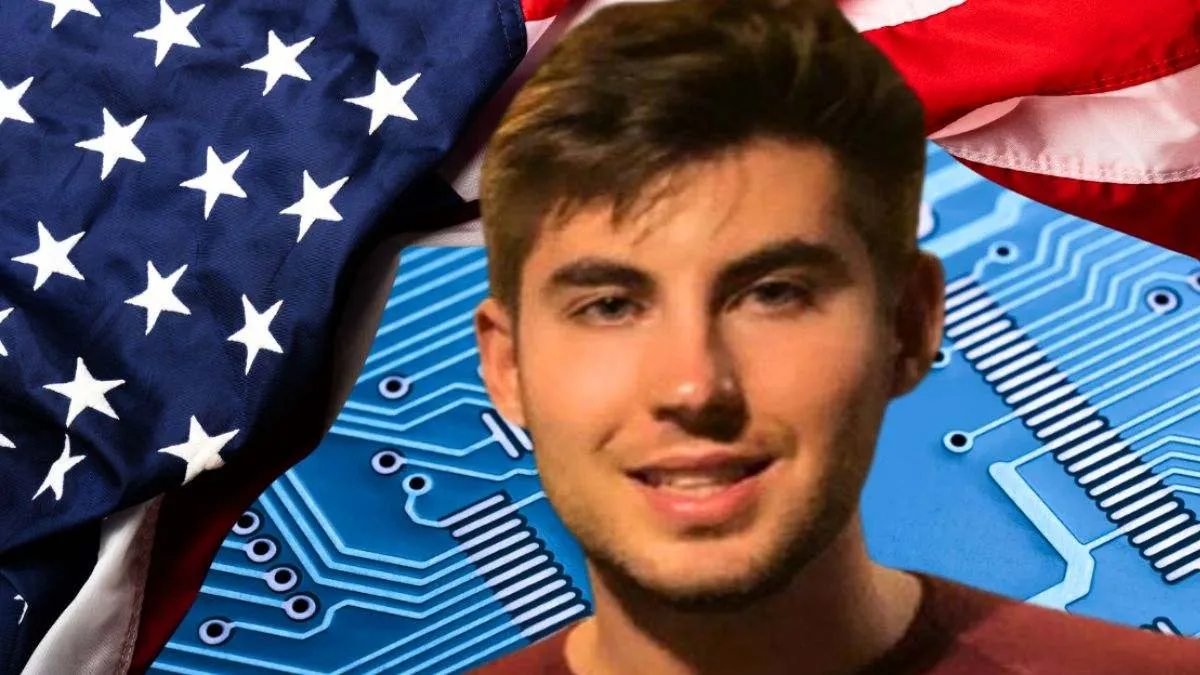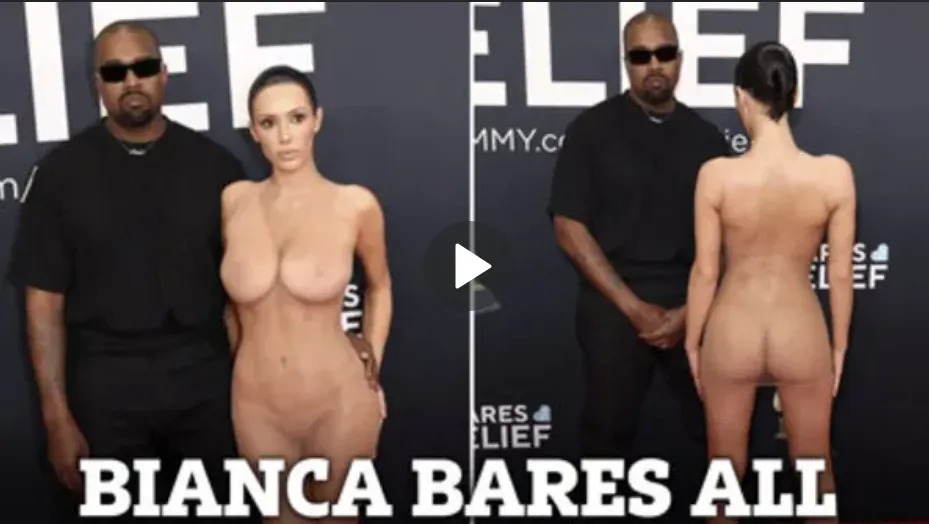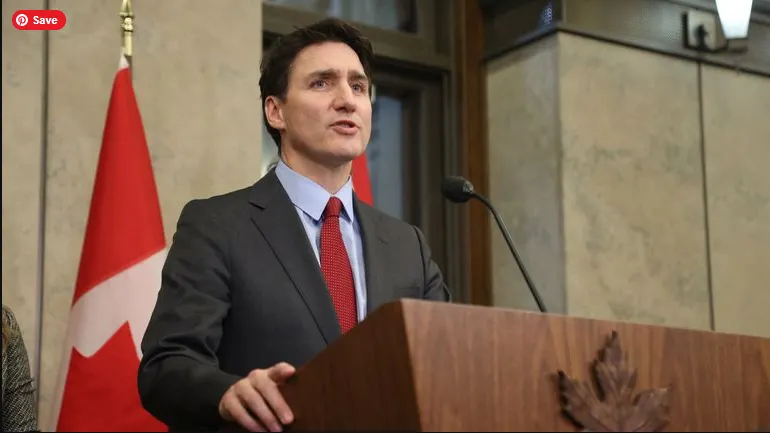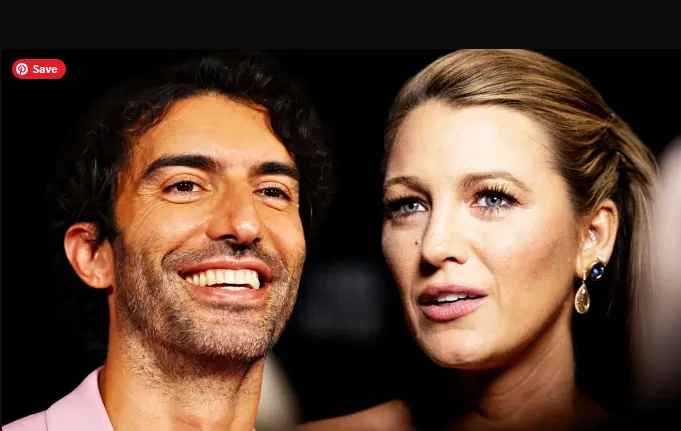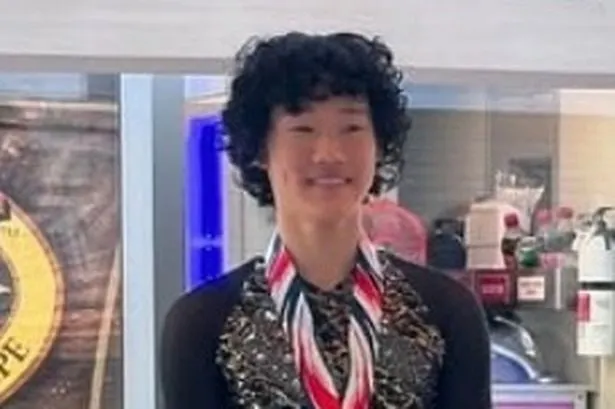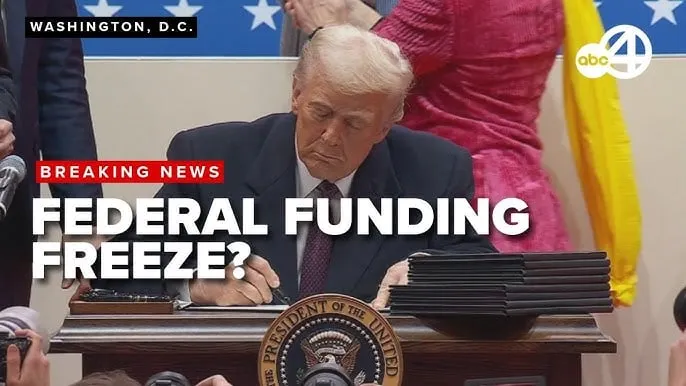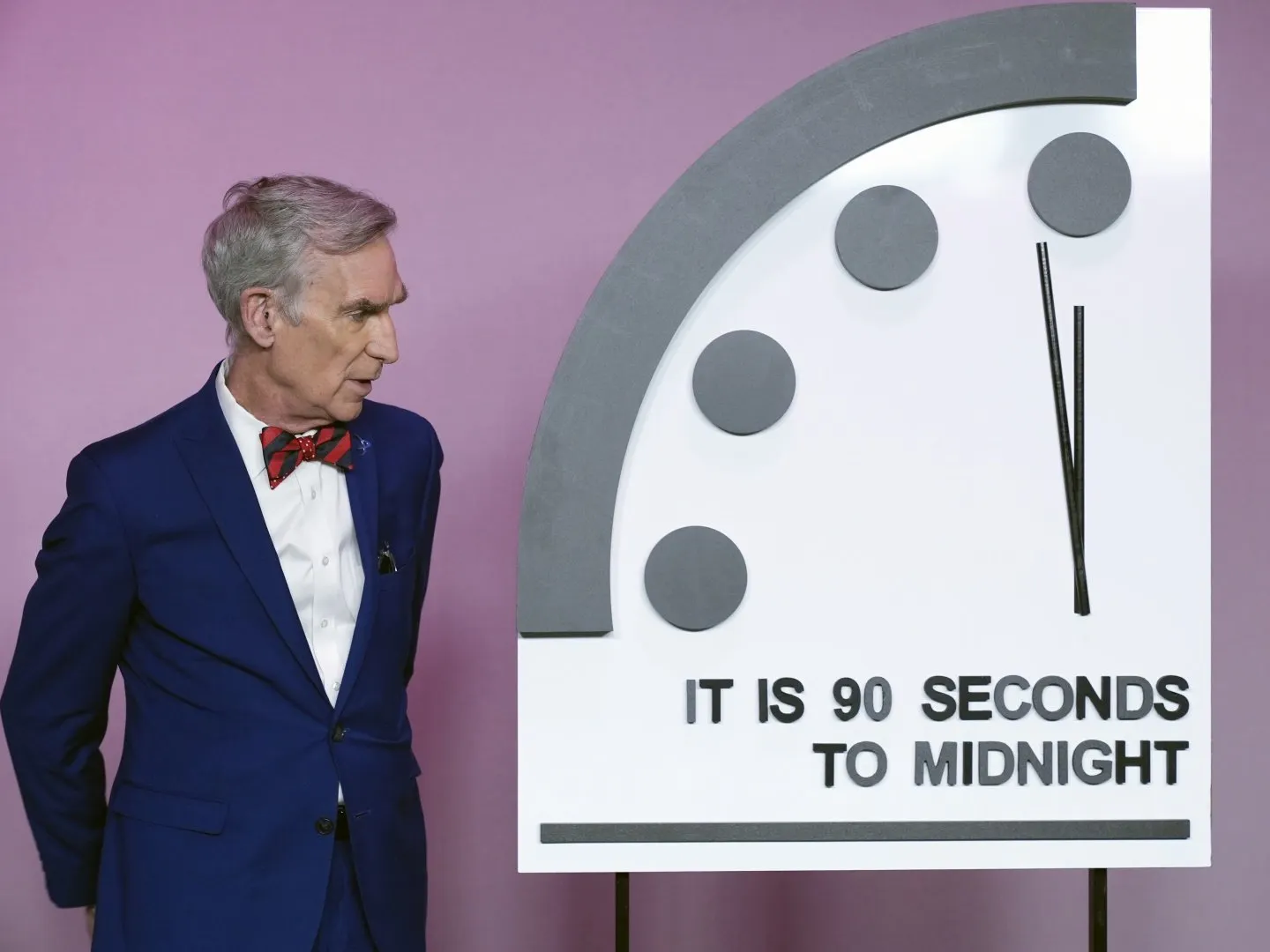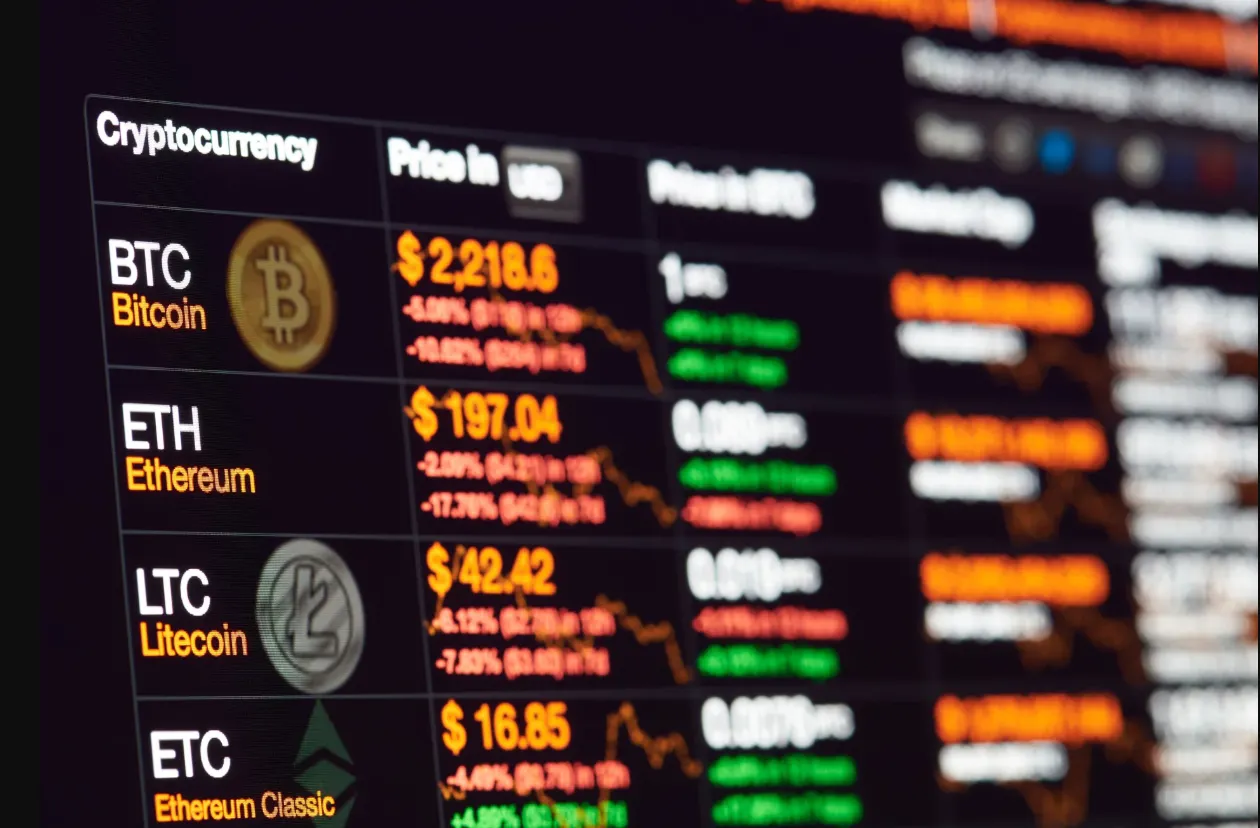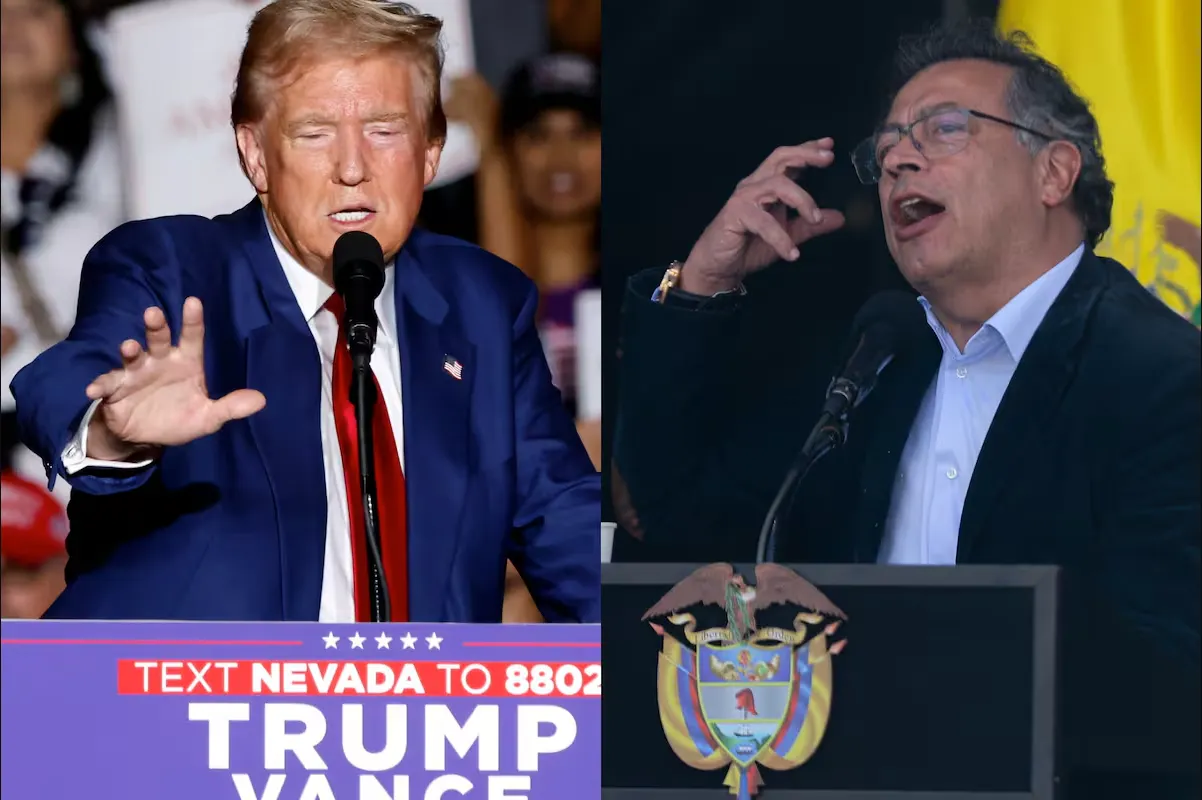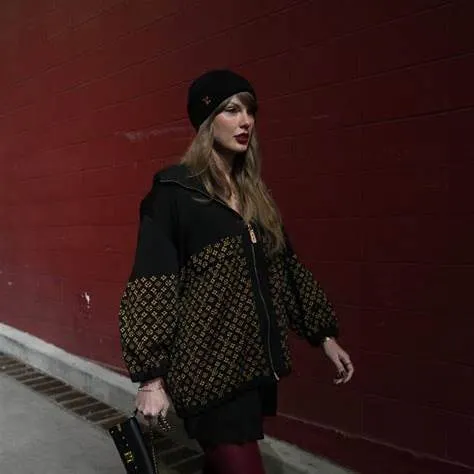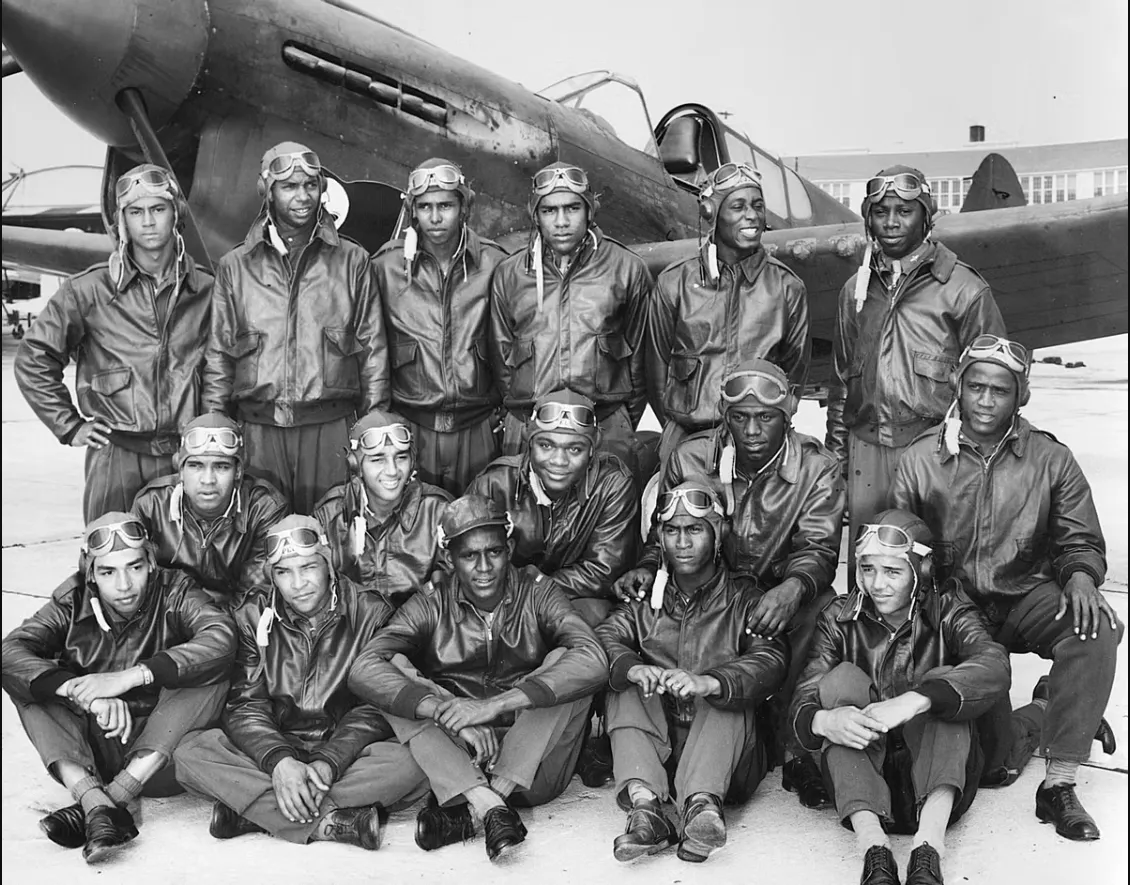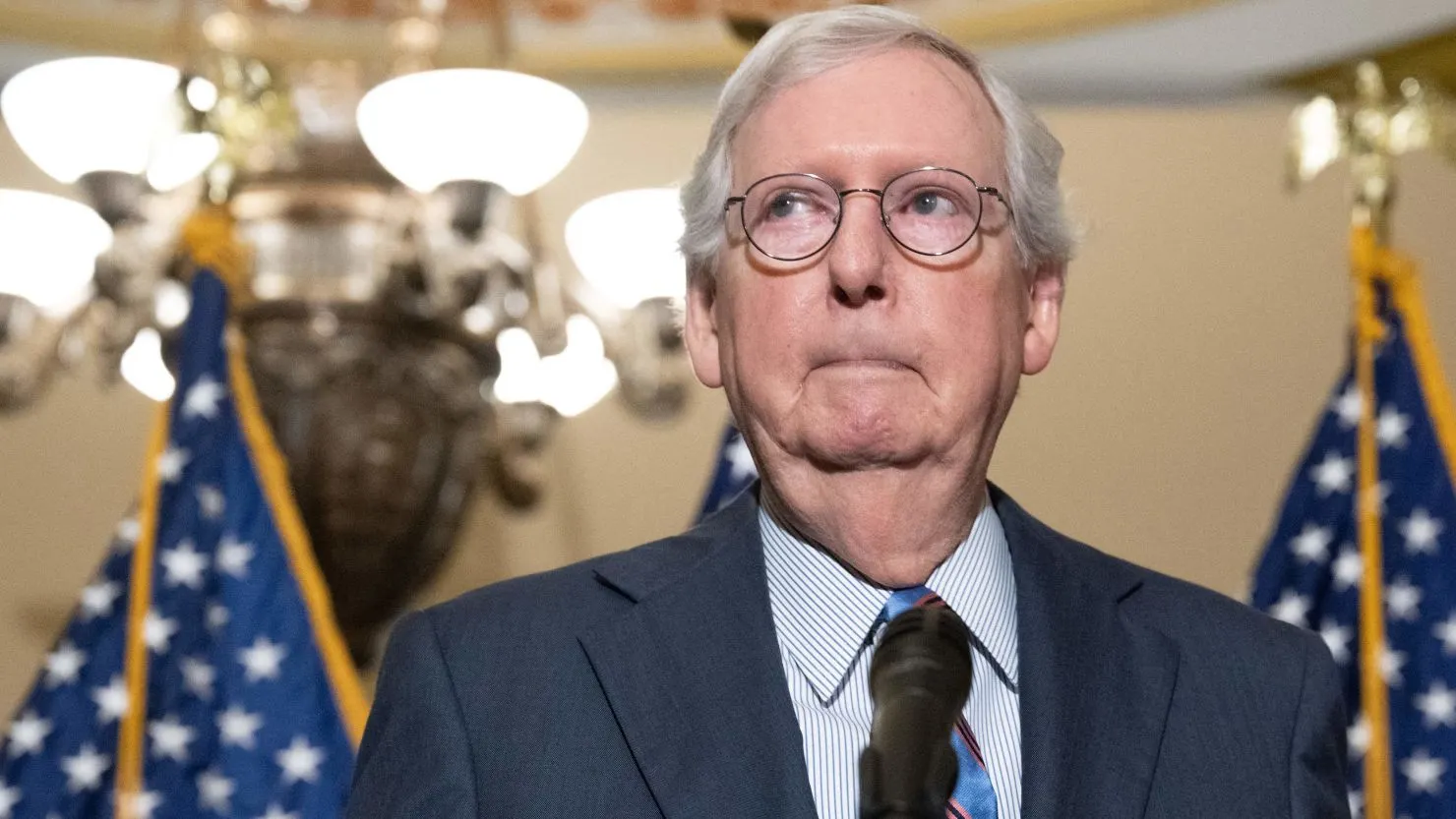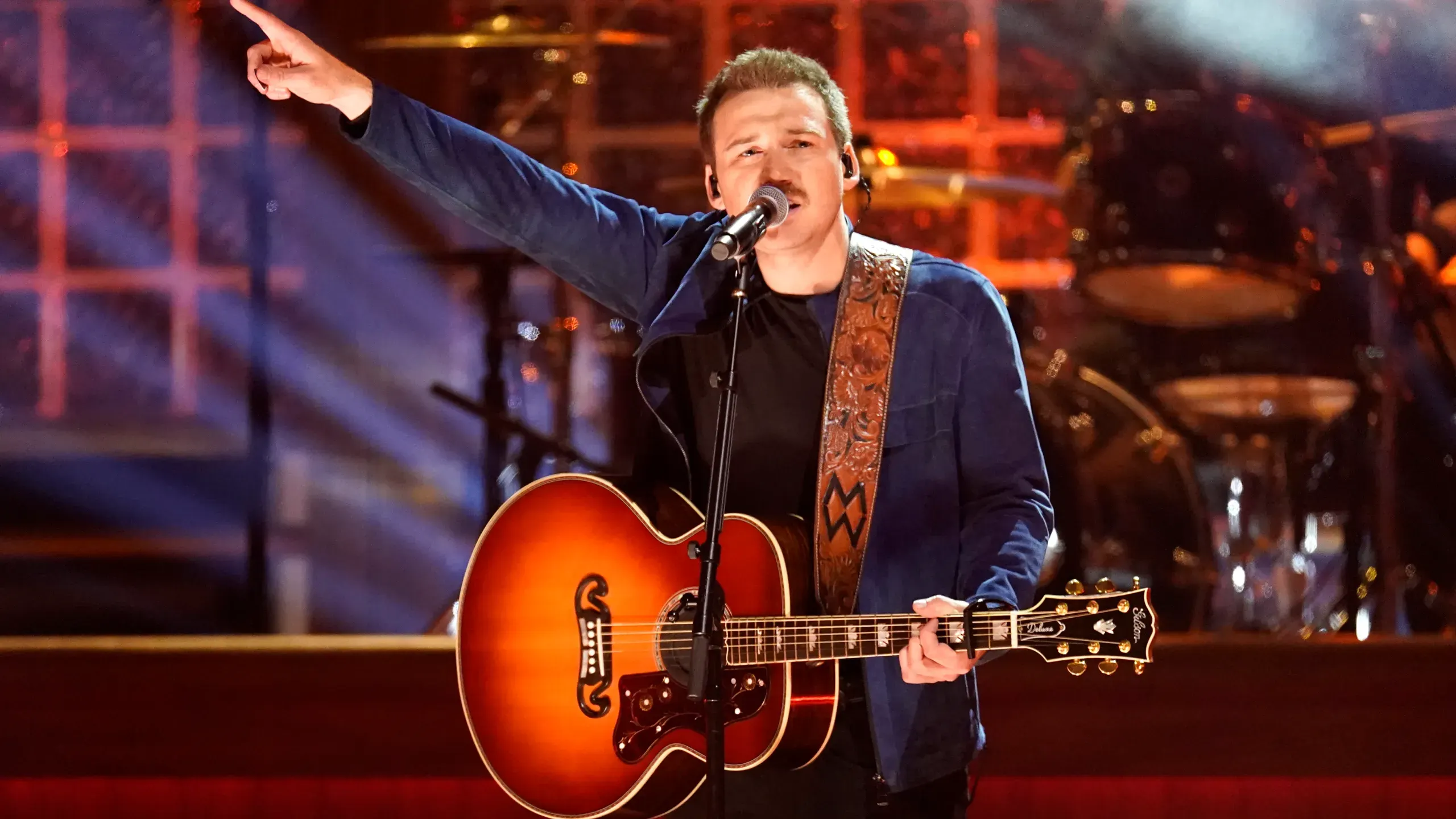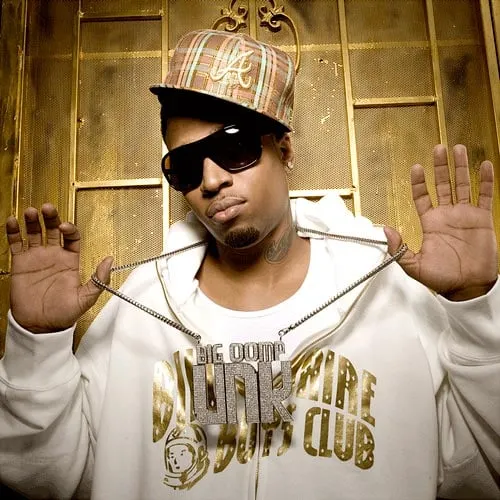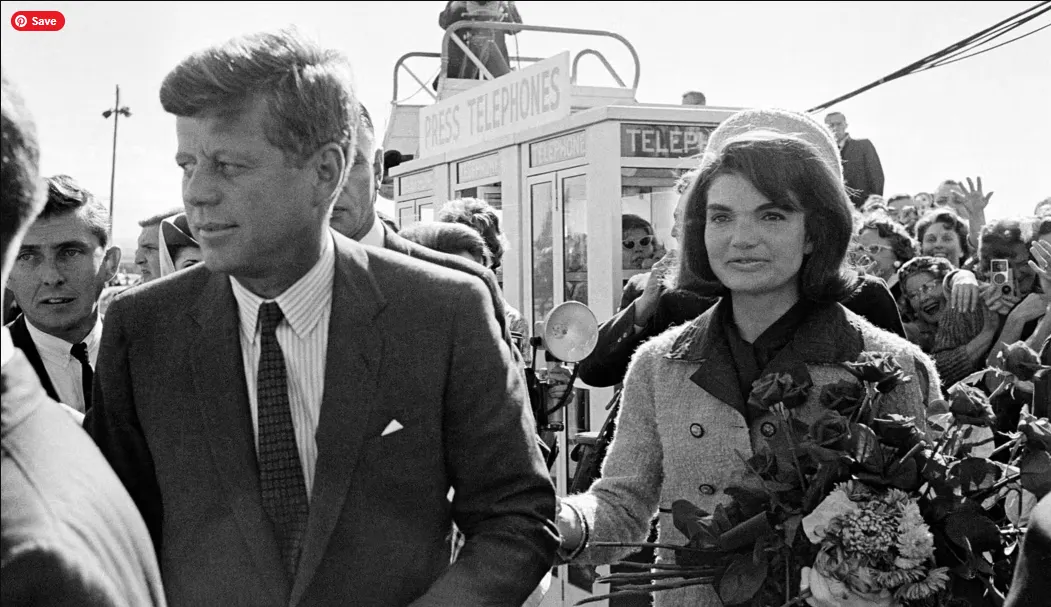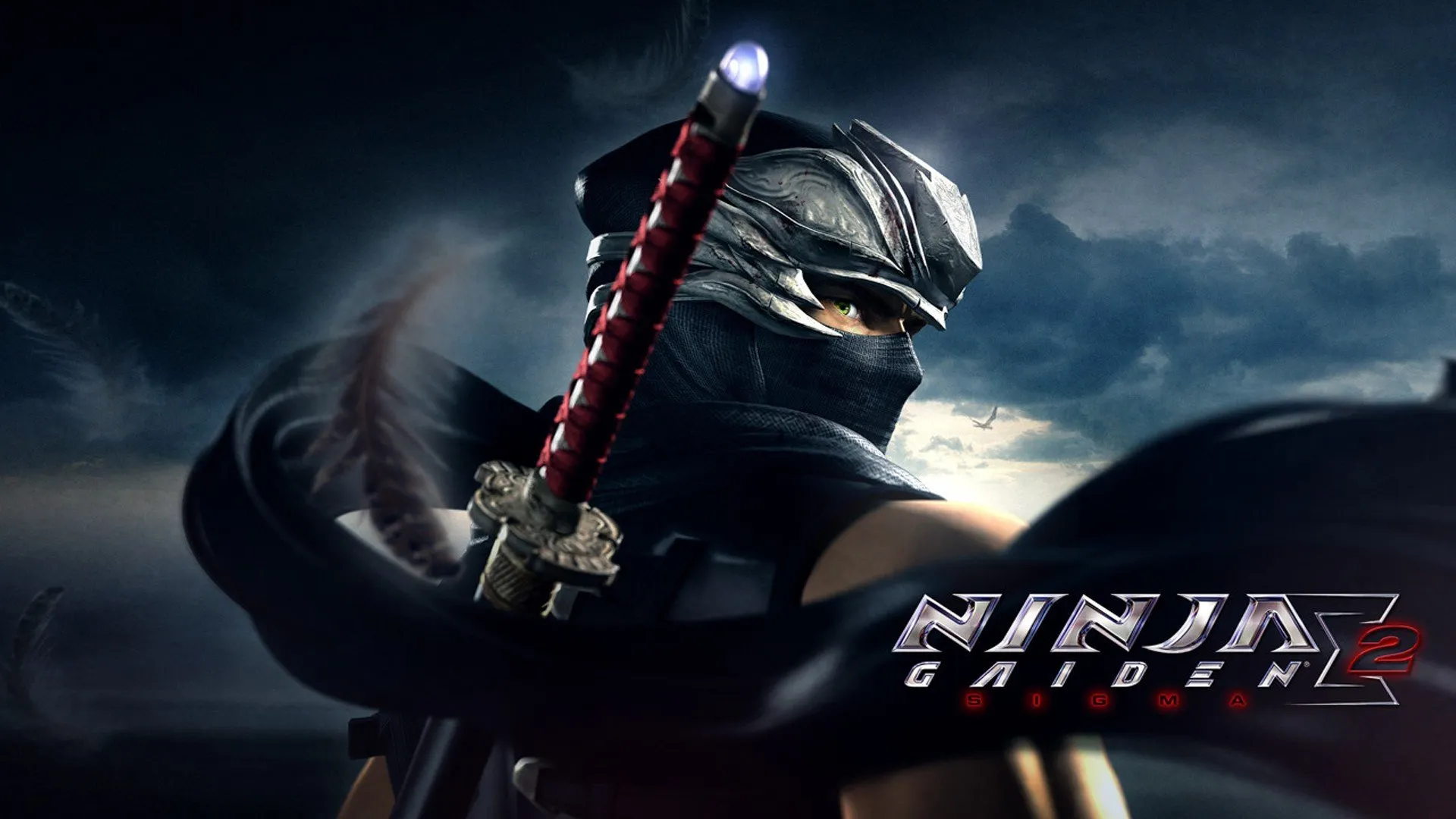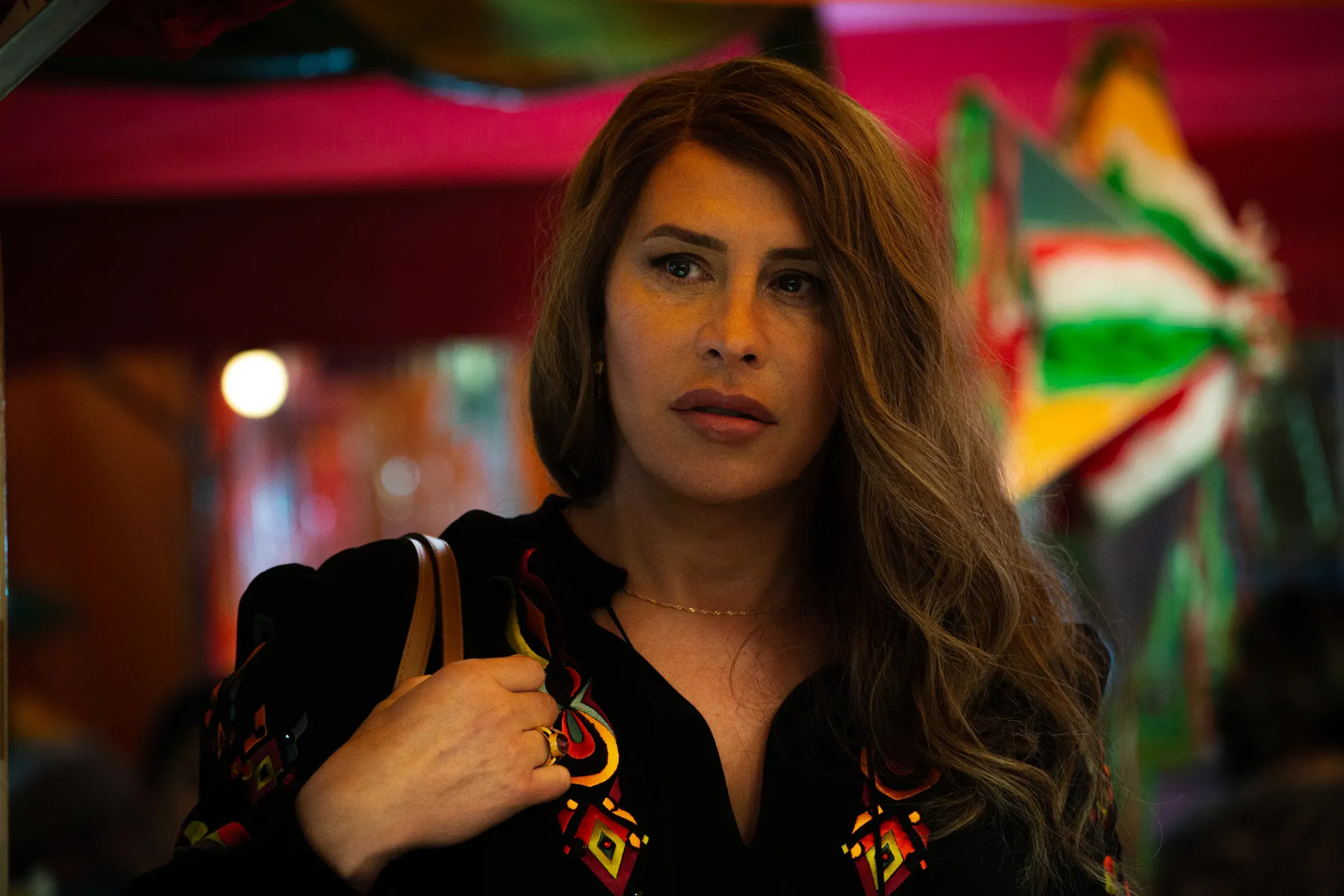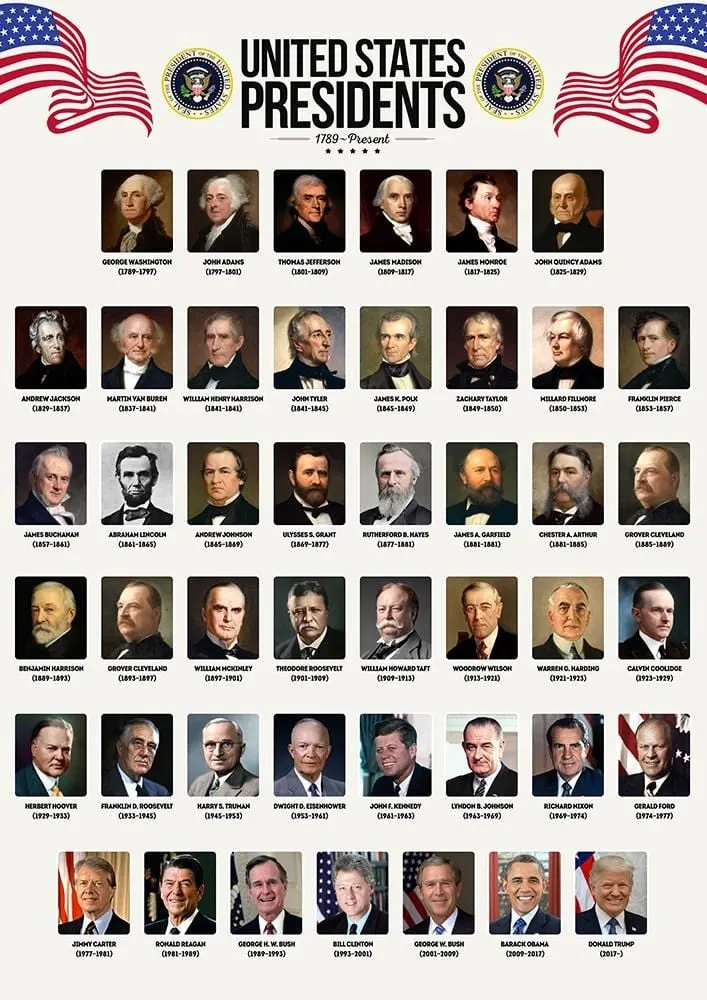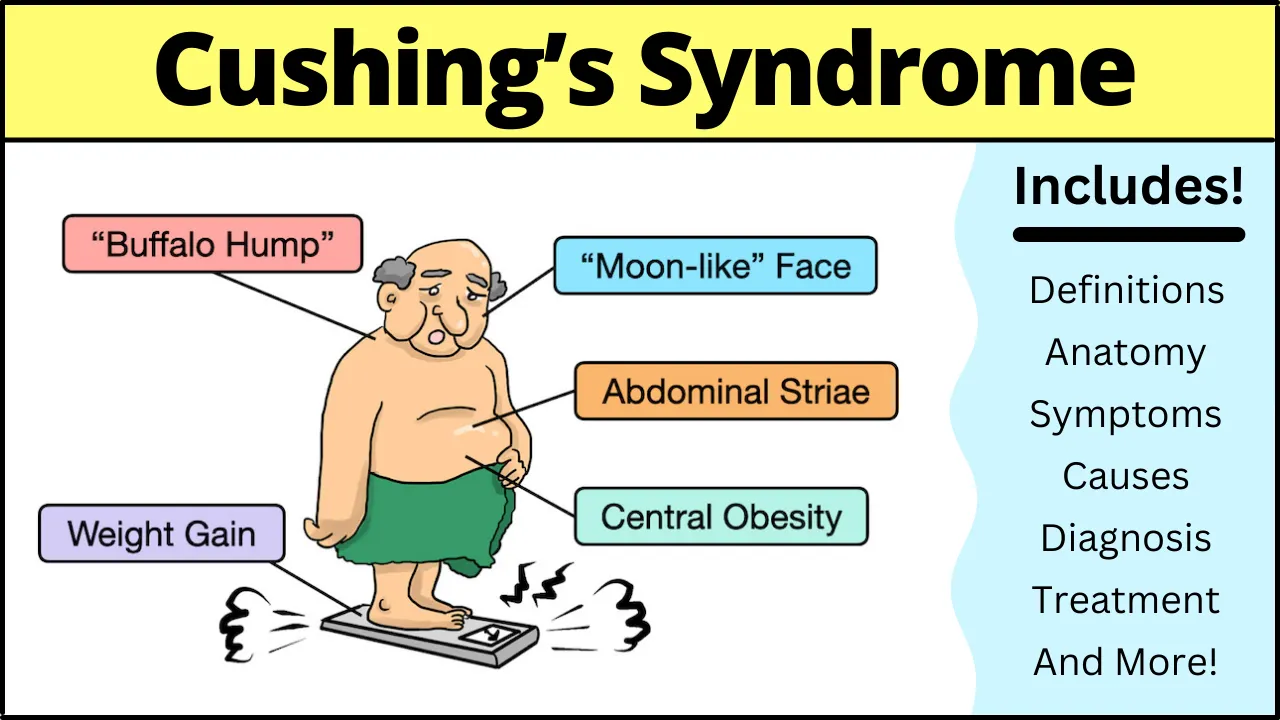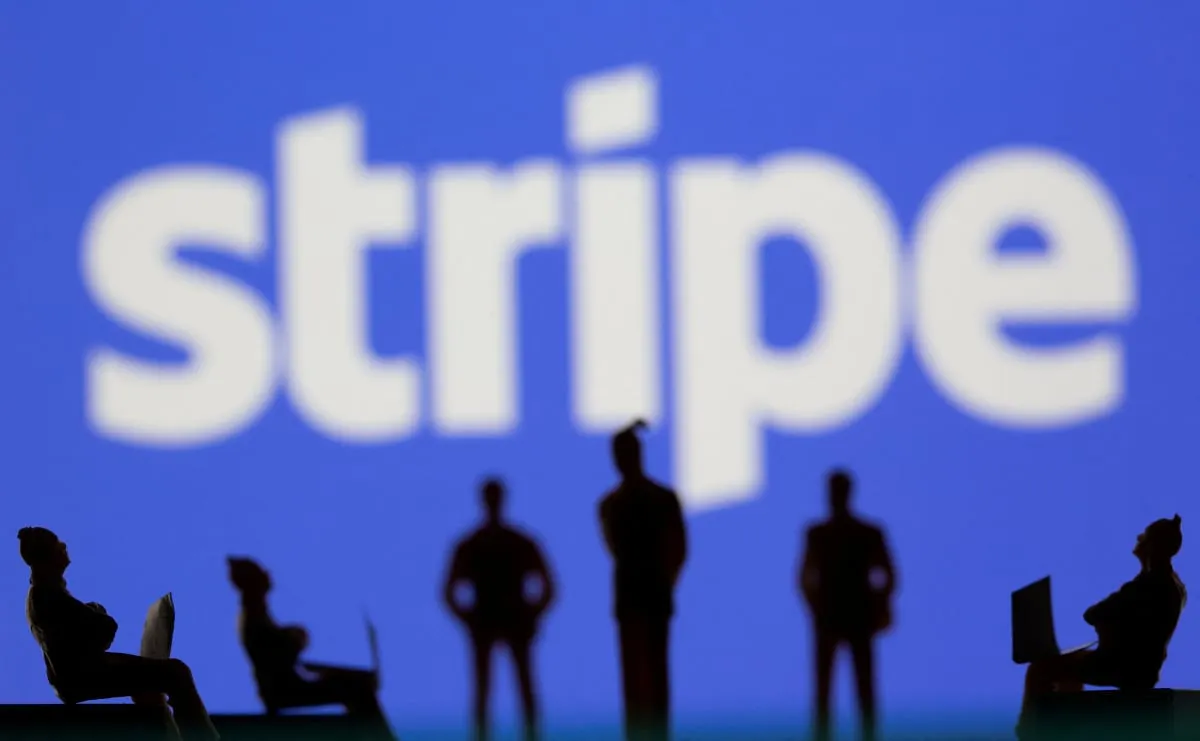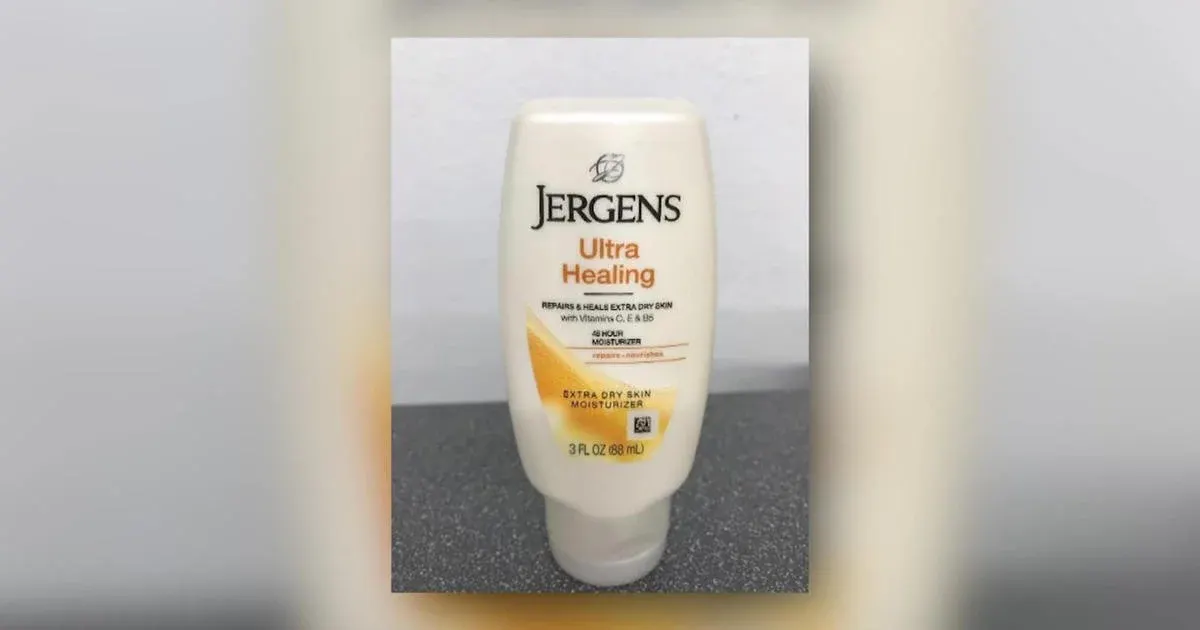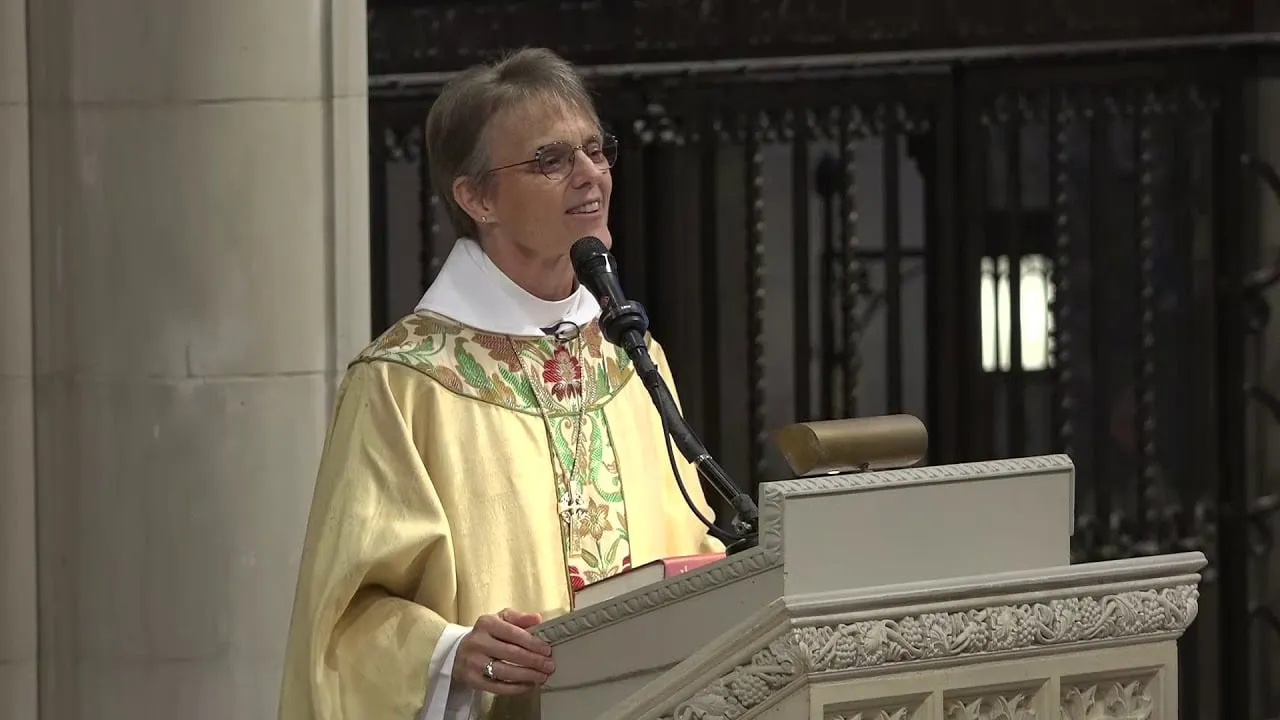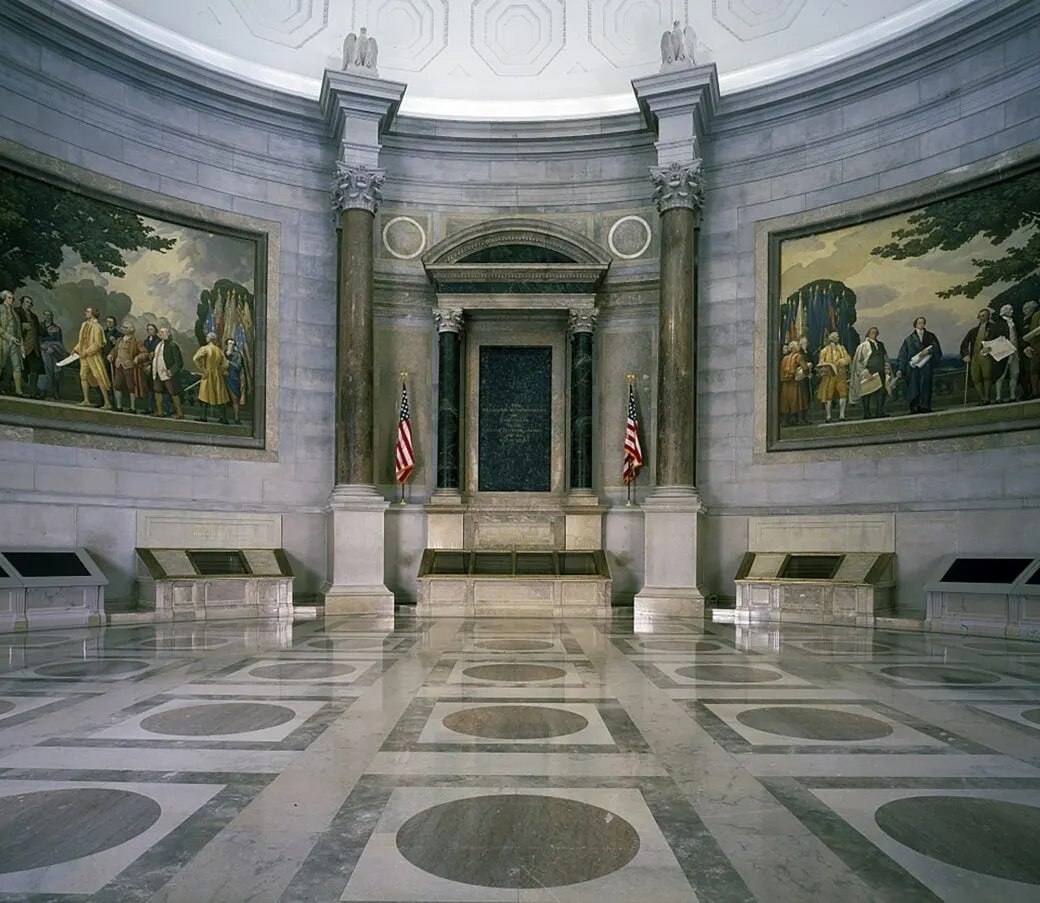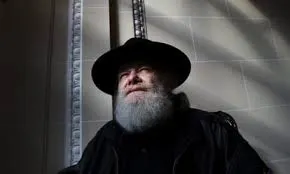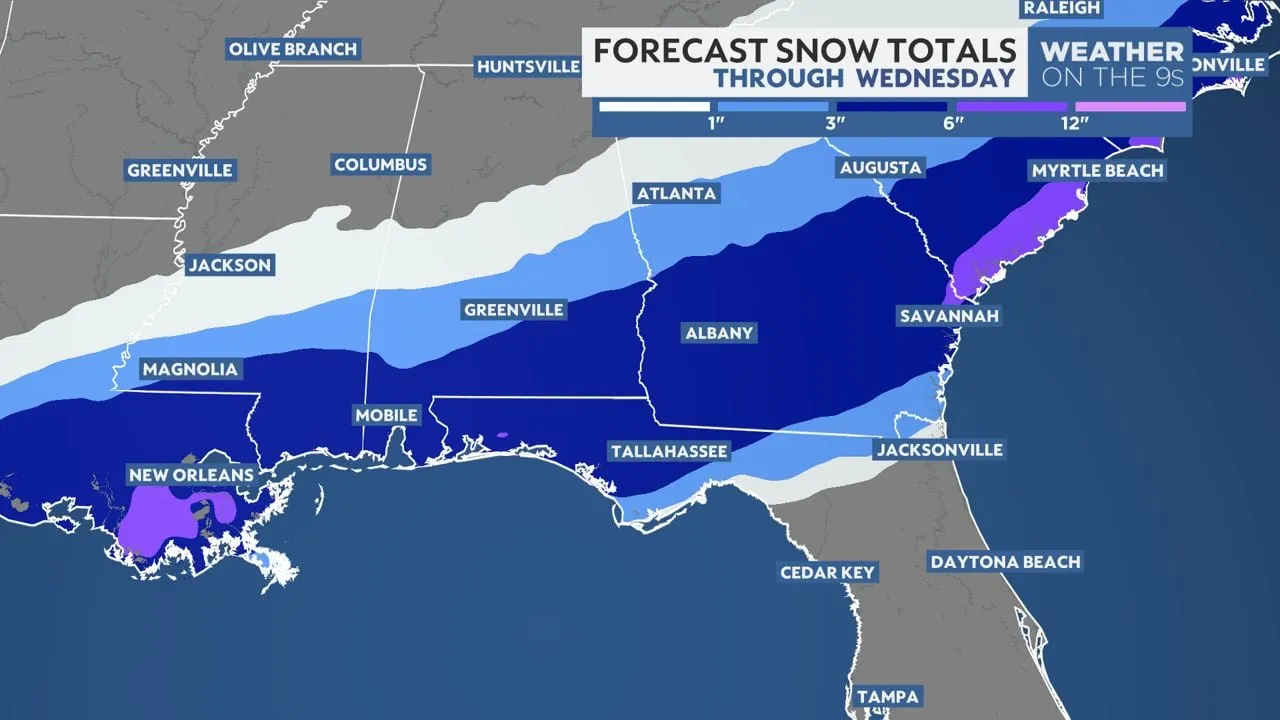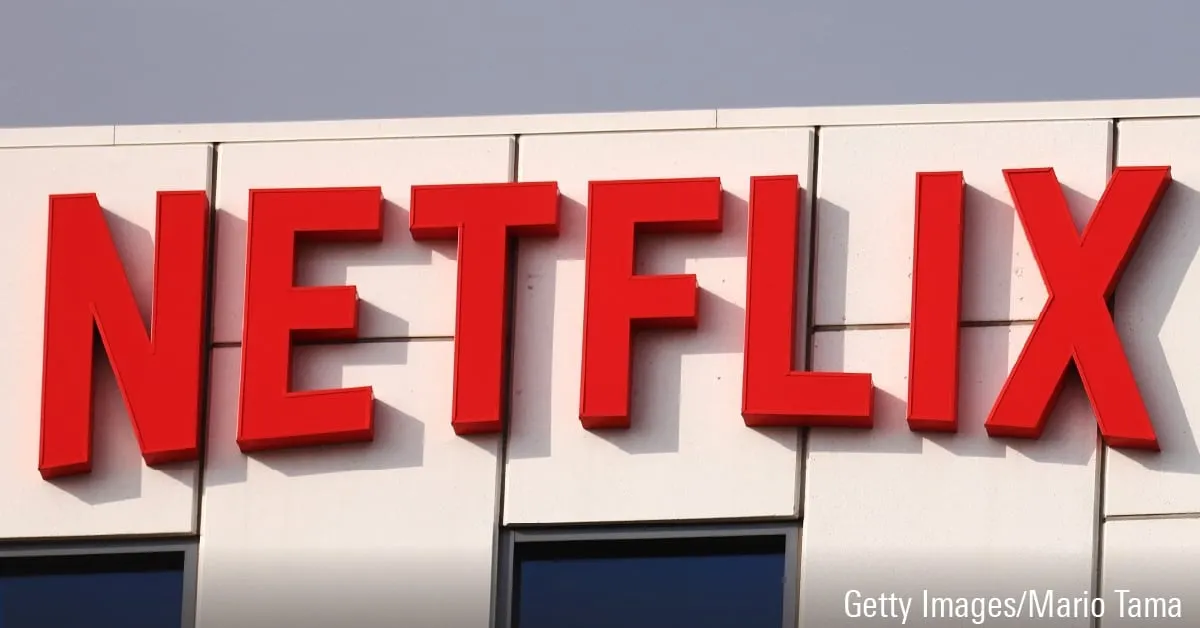Sean ‘Diddy’ Combs: Legal Battles, Music Drama & Cultural Impact in 2025
Introduction
Sean “Diddy” Combs, a name synonymous with innovation in the music industry and entrepreneurial success through Bad Boy Records, is now enveloped in a swirl of legal, personal, and cultural controversies. In 2025, Diddy finds himself at the epicentre of a dramatic storm: federal charges of sex trafficking and racketeering loom large, a series of civil lawsuits compound his legal woes, and explosive revelations—from a leaked prison call recorded without his knowledge, to high-profile disputes involving Kanye West (Ye) and Kim Kardashian—have set the media abuzz.
This article presents an in-depth exploration of the evolving narrative, delving into the complexities of his legal challenges, music collaborations such as the track Lonely Roads Still Go to Sunshine featuring North West and King Combs, and the far-reaching cultural debates that now define his legacy.
Diddy’s Federal Legal Challenges
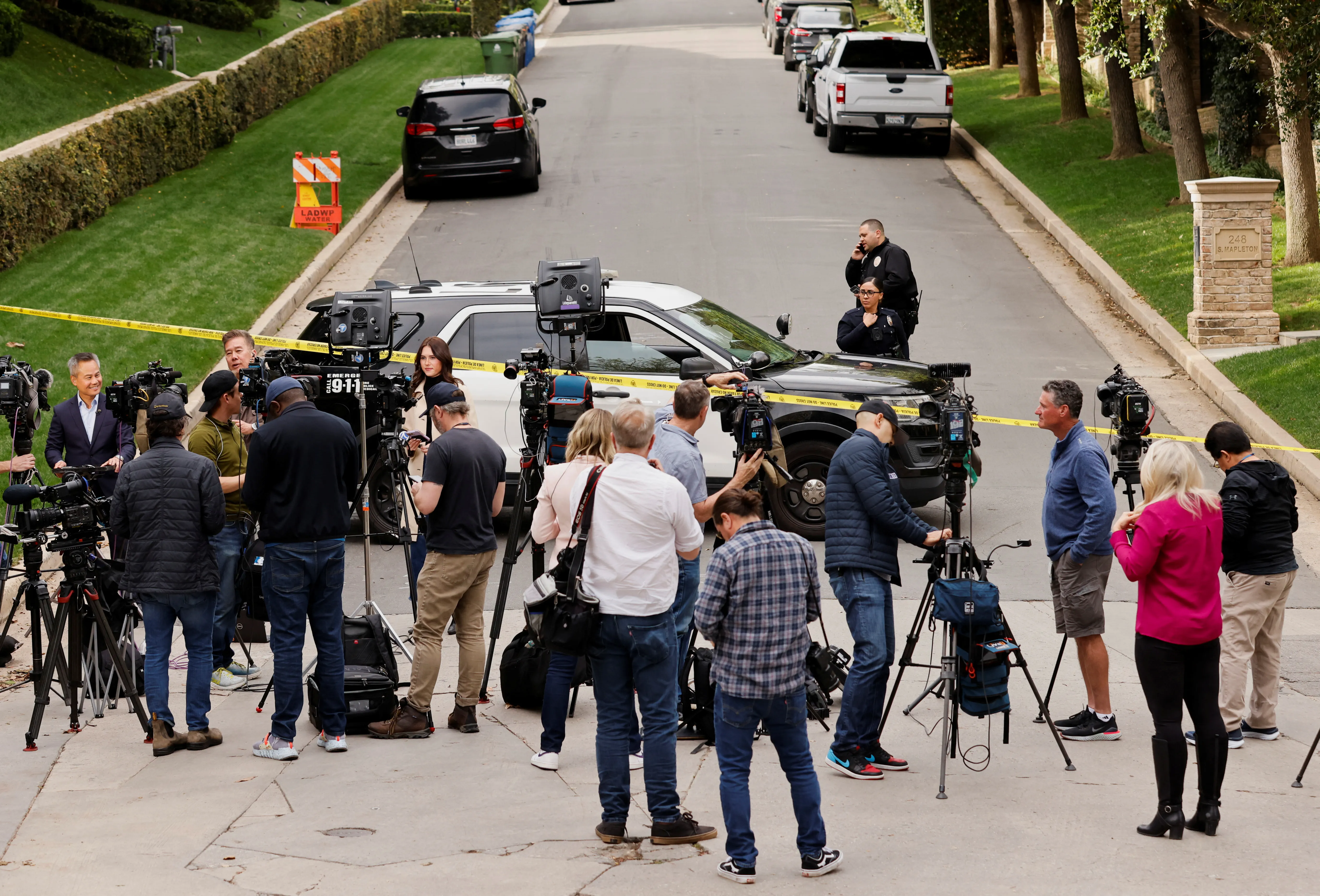
Federal Charges and Allegations
Sean “Diddy” Combs is presently facing a cascade of serious federal allegations. Prosecutors have charged him with operating an extensive criminal enterprise tied to sex trafficking, racketeering, and forced labor. The indictment alleges that over nearly two decades, Diddy orchestrated a series of illicit activities—ranging from coercive “freak-off” parties to systematic abuse of employees—using violence, threats, and psychological manipulation to subjugate his victims.
Under statutes such as the RICO Act, evidence compiled through videos, text messages, and testimonials has been presented, leading to a formidable case against the mogul. Recent reporting by Forbes and USA Today indicate that the allegations extend to claims of forced labour and transportation for prostitution, further complicating his legal predicament.
Bail Denial and Custody Conditions
Diddy’s legal saga took another dramatic turn with his repeated bail denials. Having been remanded to the Metropolitan Detention Center (MDC) in Brooklyn, federal judges have expressed strong reservations about releasing him on bail. The judicial opinion highlights his “propensity for violence” and the substantial risk of witness tampering if he were to be released.
Despite his legal team proposing a $50 million bond accompanied by stringent conditions—including electronic surveillance, restrictions on associating with certain individuals, and house arrest measures—the court has maintained that no manageable conditions can guarantee the community’s safety.
This rigorous stance has drawn sharp criticism from both supporters and detractors, with some citing the conditions as exemplary of an overzealous system and others arguing that they reflect the gravity of the charges.
The Leaked Prison Call
Recording Without Diddy’s Knowledge
Amid the legal turmoil, a startling development emerged when a private prison phone conversation between Diddy and Kanye West (Ye) was leaked. Recorded without Diddy’s knowledge, this call has been confirmed as authentic and not a product of artificial intelligence, asserting its credibility in an era where digital manipulation is common.
The conversation reveals an emotionally charged exchange where Diddy, visibly under stress, thanks Kanye for his unwavering support during these trying times.
Media Involvement and The Shade Room
The leak’s origin traces back to The Shade Room, a social media news outlet known for its rapid dissemination of celebrity gossip and breaking news. Their release of the video ignited immediate public debate. While some viewers expressed empathy towards Diddy, others questioned both the ethical ramifications of broadcasting private conversations and its potential influence on judicial proceedings.
Outlets such as New York Post and TMZ have provided extensive coverage, scrutinising not only the leak’s content but also its implications for the integrity of prison communications and the broader conversation about privacy rights for celebrities under detention.
The Cultural Impact of Music in the Midst of Controversy
Lonely Roads Still Go to Sunshine: The
Intersection of Art and Turmoil
In an unexpected twist amid his legal battles, Sean “Diddy” Combs released the track Lonely Roads Still Go to Sunshine. The song, which features contributions from North West and King Combs, as well as guest appearances from emerging artists linked to Yeezy—Kanye West’s influential brand—represents a bridge between personal strife and artistic expression.
An Emotional Collaboration
The track opens with a snippet of the leaked prison call, immediately setting an introspective tone. Diddy’s heartfelt expression of gratitude towards Kanye underscores the solidarity within the hip-hop community despite the surrounding chaos. The inclusion of North West, seen previously only in the context of high-profile familial disputes, infuses the song with a generational poignancy.
Meanwhile, King Combs delivers verses that reflect on the legacy of Bad Boy Records and the heavy price of fame. Critics have noted that while the song’s composition is musically ambitious, it risks trivialising serious legal issues by intermingling them with what some perceive as opportunistic promotional tactics.
The Role of Music in Shaping Public Perception
Music has always been a powerful medium for storytelling and social commentary. In this instance, Lonely Roads Still Go to Sunshine is more than a simple musical release; it is a lens through which the public interprets Diddy’s personal battles, career legacy, and the broader struggles within the entertainment industry.
The track has become a flashpoint—from discussions about the ethics of involving minors in contentious projects to debates over whether a celebrity should use art as a platform for addressing legal issues.
Critics, however, remain divided. Some laud the song for its raw emotional vulnerability and artistic bravery, while others dismiss it as a carefully orchestrated distraction from the severity of the charges Diddy faces.
The Kanye West and Kim Kardashian Saga
Co-Parenting Conflicts and Custody Battles
No discussion of the current celebrity controversies in 2025 would be complete without addressing the bitter feud between Kanye West (Ye) and Kim Kardashian. The two, once a power couple, now fight a highly publicised custody battle involving their children.
With North West at the centre of much of the dispute, tensions have escalated over issues of co-parenting and custody rights. Kim Kardashian, who currently holds primary custody, has expressed mounting concerns over Kanye’s erratic behaviour and his public display of discontent over the custody arrangement.
Reports by Rolling Out indicate that Kim is even contemplating seeking full custody on grounds of ensuring the children’s stability—and North West’s safety in particular.
Trademark Dispute Over North West’s Name
Legal Complexities
A particularly contentious issue involves the trademark dispute over North West’s name. In an effort to protect their daughter’s persona and future business interests, Kim Kardashian orchestrated the trademarking of North West’s name. However, Kanye West has vehemently opposed these measures, arguing that he was not adequately consulted over decisions that affect his daughter’s identity and legacy. This dispute has not only reverberated through legal channels but has also simmered into a public spat on social media where both parties exchange heated remarks.
Social Media Feud
Social media platforms have become the battleground for this feud, where Kanye and Kim’s public pronouncements have accentuated every detail of their personal and legal conflicts.
Kanye’s derogatory social media posts—accusing Kim and her supporters of attempting to limit his paternal rights—often include stark statements such as “they trying to end us,” a phrase that has resonated with his fanbase and added to the narrative of “collateral damage” as framed by Diddy. This public kerfuffle further complicates the intricate web of family, business, and legal battles that define their ongoing saga.
The Broader Impact on Family and Legacy
The ramifications of the West-Kardashian feud extend far beyond personal grievances. The constant media coverage and public debates over custody, trademark rights, and co-parenting have inadvertently mingled the realms of family privacy with corporate interests. For celebrities whose lives are under constant scrutiny, every dispute—no matter how personal—carries the weight of potential long-term consequences for their public image and business ventures.
The intense focus on North West, both as a child and a future brand, exemplifies the precarious balance between protecting family interests and managing public relations in the modern digital age.
Media, Leaks, and Their Implications
The Critical Role of The Shade Room
In today’s fast-paced digital world, platforms like The Shade Room wield significant influence. Known for breaking stories that captivate millions, The Shade Room’s release of the leaked prison call has become a landmark event in Diddy’s saga.
Ethical and Legal Considerations
The circumstances under which the call was recorded—without Diddy’s consent—have sparked intense debate. Legal experts argue that while the call’s authenticity (confirmed as not AI-generated) bolsters its evidentiary value, the unapproved recording itself raises serious ethical issues about privacy rights, even for individuals facing severe legal challenges.
Moreover, the leak has ignited discussions about the broader implications of media interference in high-profile legal cases. As coverage proliferates across social media and traditional news outlets, questions arise as to whether such releases skew public perception or potentially prejudice judicial proceedings.
Public Reaction and the Media Storm
The fallout from the leak has been swift and polarised. Some members of the public view the release as an unwarranted invasion of privacy, advocating that even powerful figures like Diddy are entitled to confidentiality. Others argue that the leak serves a crucial role in holding public figures accountable, particularly where issues of abuse and misconduct are concerned.
Coverage from sources such as Access Hollywood and TMZ illustrate the relentless focus on every detail of the leak, its source, and the broader commentary it has sparked on media ethics.
Civil Lawsuits and Broader Legal Implications
The Cascade of Civil Litigation
Parallel to the federal charges, Diddy is confronted with a myriad of civil lawsuits that compound his legal battles. Allegations in these suits include claims of sexual assault, forced labor, and other abuses that reportedly span decades.
Accusations have been brought forward by former employees, ex-partners, and others alleging that Diddy exploited his power for personal gain. Notably, one of the high-profile lawsuits involves claims by a former partner that assert the presence of sexual misconduct—a case that, despite an earlier settlement, paved the way for additional legal actions and public outcry.
Publications such as USA Today and Forbes have meticulously documented these civil proceedings, noting the accumulation of evidence that, in several instances, overlaps with the material presented in federal indictments.
Connection to Federal Charges
The convergence between civil litigation and federal charges intensifies the scrutiny on Diddy’s operations. In many cases, testimony and documentary evidence from the civil lawsuits have been integrated into the federal case, reinforcing allegations of abuse and exploitation.
This dual-front legal assault not only jeopardises his immediate freedom but also jeopardises his longstanding legacy in the entertainment industry. Legal analysts have remarked that such overlapping legal challenges tend to create a cascading effect, where reputational damage in one arena feeds into and amplifies the other.
Public and Industry Reactions
The legal controversies have had far-reaching implications for Diddy’s brand. Business partnerships are wavering, and industry insiders are debating over the long-term impact on his empire. Public sentiment is similarly divided; while some loyalists continue to defend his contributions as an industry pioneer, critics argue that accountability must prevail regardless of past achievements.
The lawsuits, paired with the federal charges, have ignited a broader discourse about power dynamics and ethical conduct in entertainment—a debate that extends well beyond the confines of one individual’s career.
Actionable Takeaways and Recommendations
Key Insights
The multifaceted controversy surrounding Sean “Diddy” Combs offers several important lessons for those in the entertainment industry and for the public at large. It brings into sharp focus the intersection of celebrity, legal accountability, and the pervasive influence of digital media on personal and professional reputations.
- Accountability in Entertainment: The unfolding legal battles underscore the need for robust oversight and ethical practices within the industry. Stakeholders—from record labels to talent managers—are urged to review internal policies to prevent abuses of power.
- Privacy Versus Public Interest: The leaked prison call, though controversial, highlights a persistent tension between individual privacy and the public’s right to be informed—a debate that continues to evolve in the digital age.
- Family and Legacy Considerations: The saga involving Kanye West and Kim Kardashian reveals the complex balance between protecting family interests and managing public perceptions. Parents and guardians in the public eye are reminded of the importance of shielding minors from the adverse effects of public disputes.
- Legal Repercussions: The convergence of federal charges and civil lawsuits illustrates that repeated or systemic abuses can lead to cumulative legal consequences that compound over time. Emerging professionals are encouraged to learn from these high-profile cases as a cautionary tale about the dangers of unchecked power.
Recommendations for Further Learning
For readers interested in a deeper understanding of the issues at hand, the following steps can be valuable:
• Follow ongoing coverage from reputable sources such as Forbes, USA Today, and The Shade Room to stay updated on legal developments.
• Engage with legal analyses on platforms like Law Commentary to understand the nuanced implications of high-profile federal cases.
• Consider industry-focused discussions on ethics and accountability available through podcasts and online forums that feature experts in entertainment law.
Conclusion
The story of Sean “Diddy” Combs in 2025 is one of multifaceted drama, spanning severe federal charges, cascading civil lawsuits, and an intertwined narrative of family, music, and media spectacle.
With federal charges for sex trafficking and racketeering, a harsh regime of custody conditions at the Metropolitan Detention Center (MDC) in Brooklyn, and the explosive public fallout from a leaked prison call, Diddy’s saga encapsulates the challenges of managing fame in an era of relentless digital scrutiny.
Meanwhile, the collateral controversies surrounding Kanye West and Kim Kardashian add additional layers of complexity, merging personal disputes with legal and ethical dilemmas.
As the trial date approaches on May 5, 2025, the unfolding legal battles and their far-reaching cultural impact promise to reshape the narrative around celebrity accountability, the music industry’s legacy, and the evolving discourse on privacy in the digital era.
External Resources
For further information and ongoing updates on these stories, visit the following sources:

